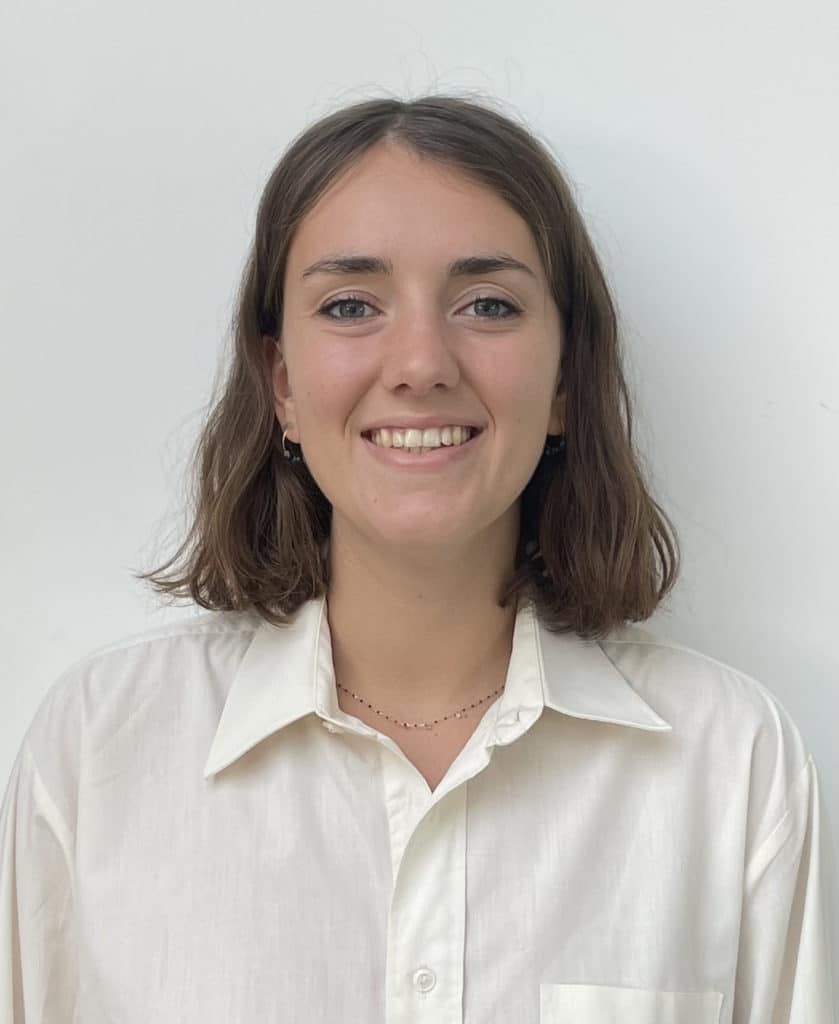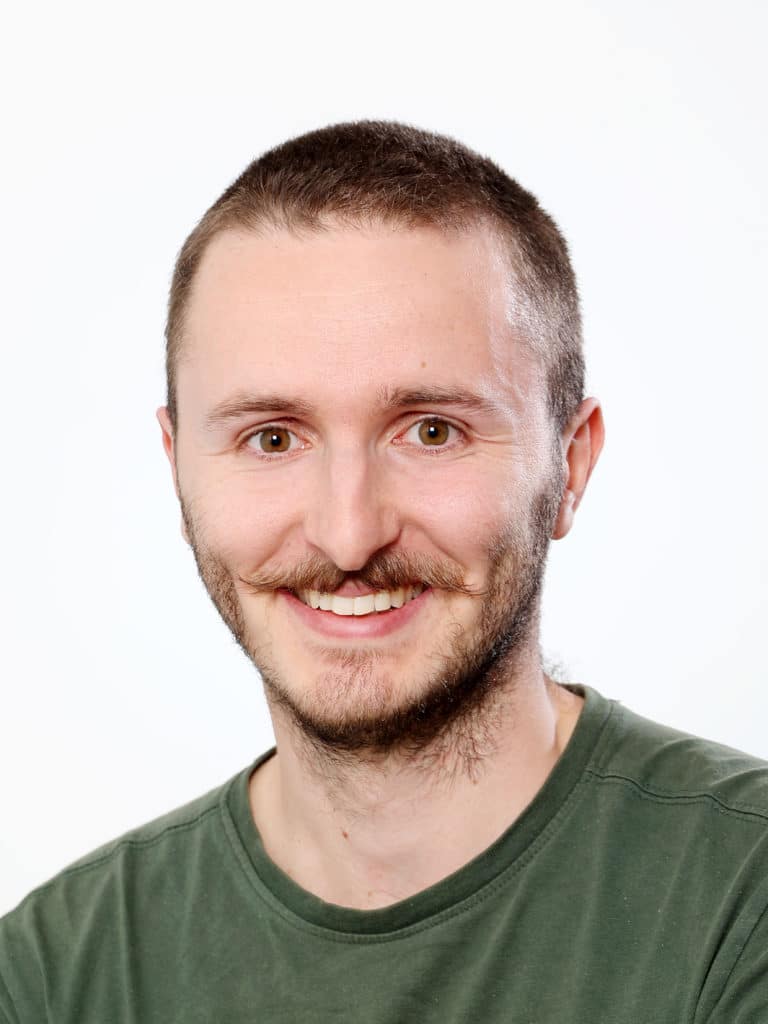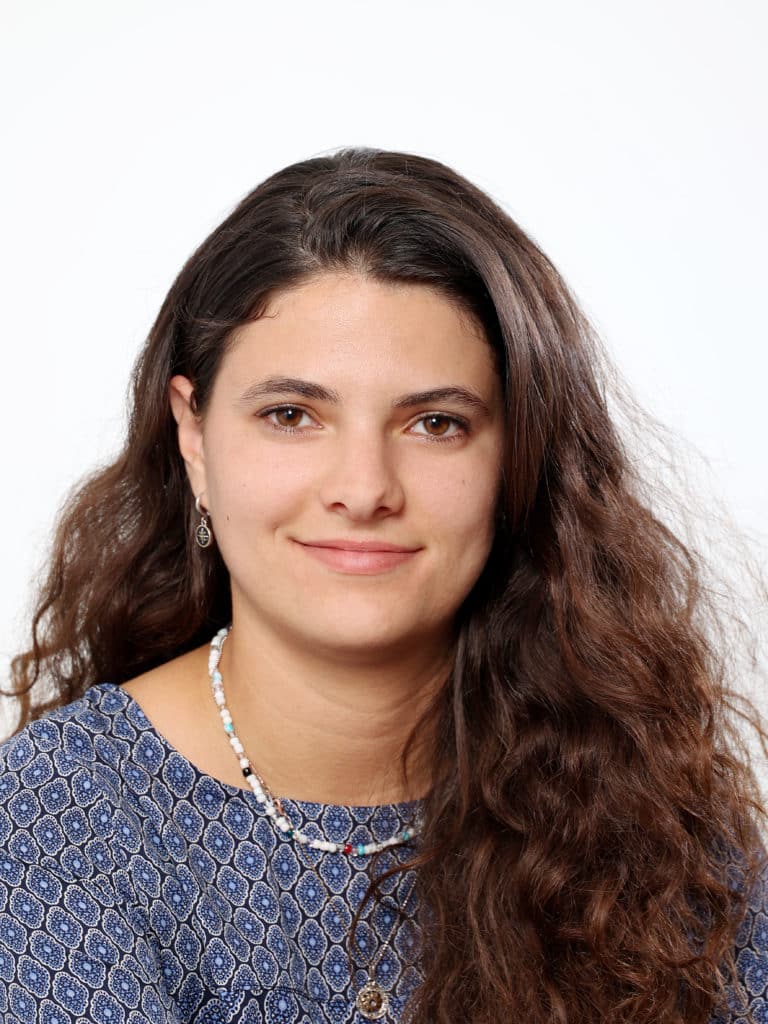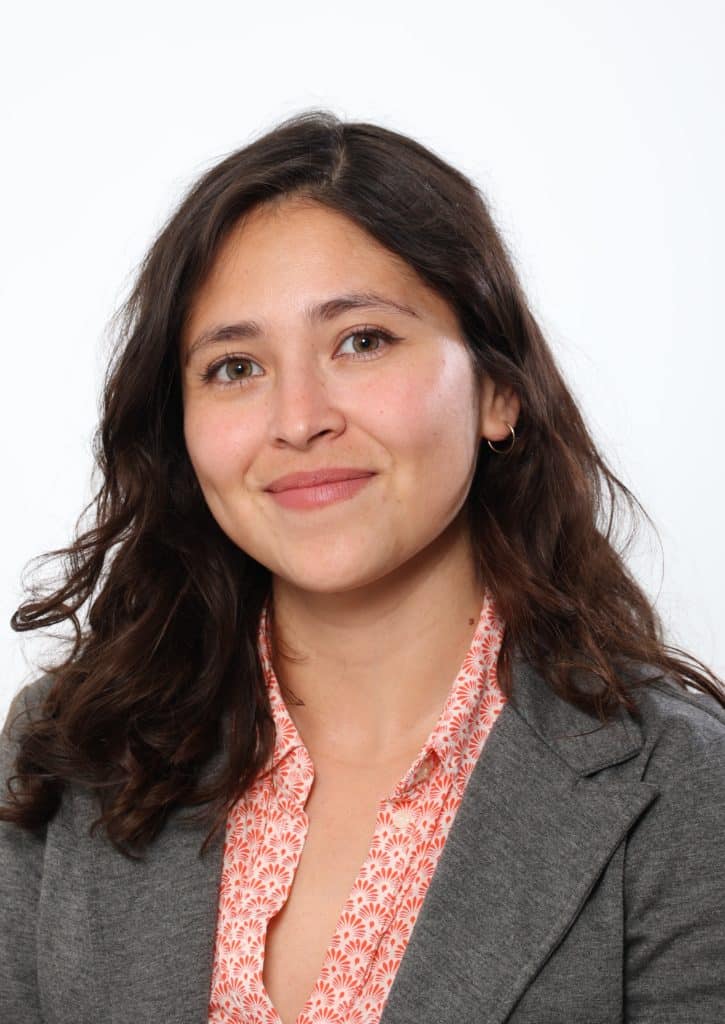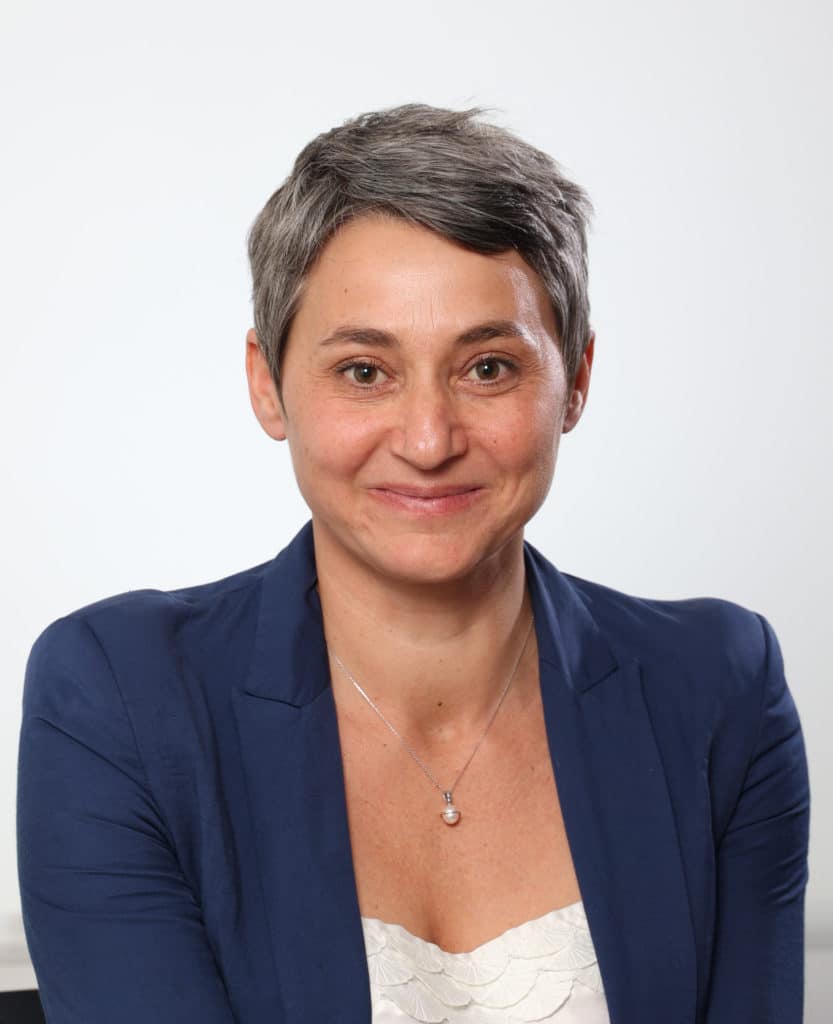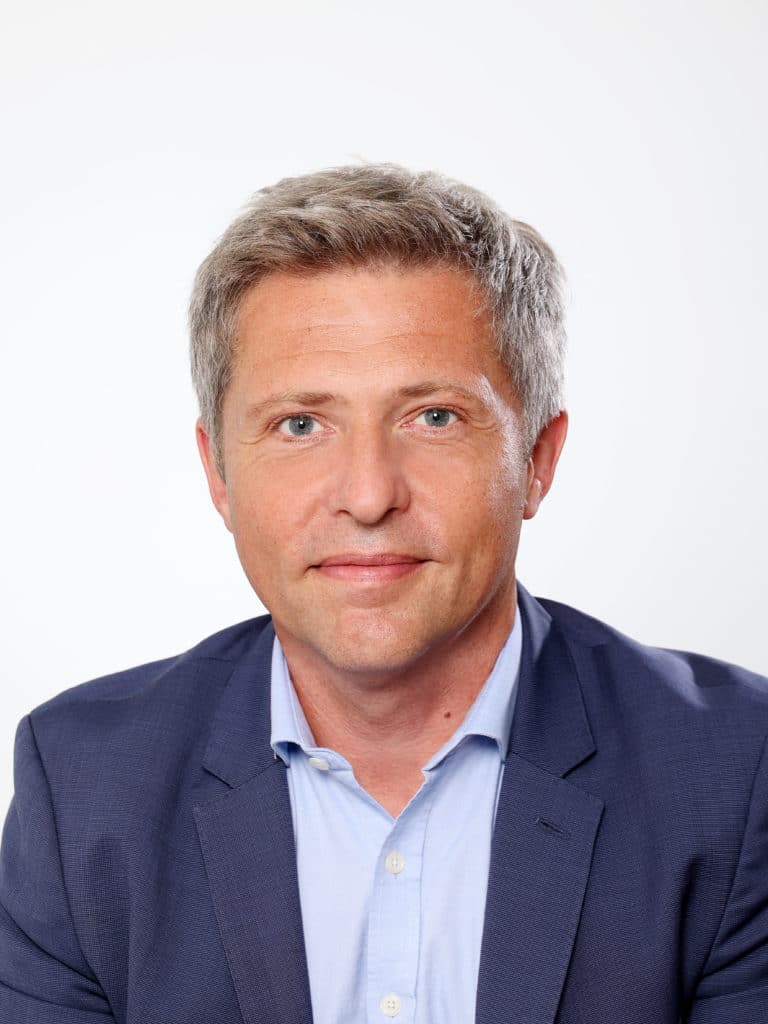Dérèglement climatique, effondrement de la biodiversité, acidification des océans, perturbation du cycle de l’eau… Le dépassement des limites biophysiques de la Terre menace les écosystèmes et le devenir des sociétés humaines. Face à ces défis, la sobriété apparaît comme un enjeu fondamental, notamment au sein des territoires.
Afin d’analyser les démarches de sobriété mises en œuvre par les collectivités territoriales, le Comité 21 et France Villes et territoires Durables ont lancé une enquête visant à questionner l’acceptabilité des actions de sobriété, et leur impact conjoncturel ou structurel, mais également à identifier des pratiques inspirantes.
👉 Télécharger les résultats de l’enquête
👉Télécharger le communiqué de presse
En effet, à la faveur du contexte géopolitique marqué par la guerre en Ukraine, les engagements des collectivités territoriales en matière de sobriété énergétique se sont accélérés. Mais est-ce synonyme d’un nouveau projet de territoire, dans lequel la sobriété jouerait un rôle central ? Comment ces enjeux mobilisent-ils sur le territoire ? Comment sont-ils perçus par les acteurs ?
C’est pour tenter de répondre à ces questions que le Comité 21 et France Villes et territoires Durables ont lancé l’enquête dont les résultats sont publiés aujourd’hui.
Ce travail fait émerger les pratiques, les obstacles et les leviers des politiques de sobriété à l’échelon local et interroge les perspectives pour en faire de véritables leviers de transformation des territoires.
A propos du Comité 21
Le Comité 21, association française pour le développement durable, est un réseau multi-acteurs créé en 1995. Il a pour mission de permettre aux organisations publiques et privées de se réinventer face aux limites planétaires et à l’épuisement des ressources. Il contribue à transformer la société vers un modèle durable en s’appuyant sur l’Agenda 2030 et les 17 Objectifs mondiaux du Développement Durable (ODD).
Le Comité 21 regroupe des collectivités locales, des entreprises, des associations, des établissements d’enseignement supérieur et des citoyens. Il crée les conditions d’un partenariat efficace entre les pouvoirs publics, le secteur privé et la société civile, et fédère toutes les organisations ainsi que les citoyens qui veulent avoir un impact positif sur la société, en leur permettant de s’approprier les enjeux et d’identifier les actions à mettre en œuvre en coopérant.
A propos de France Villes et territoires Durables
France Villes et territoires Durables (FVD) est une association loi 1901 créée en 2019, suite à la convergence de l’Institut pour la Ville Durable (IVD) et le réseau « Vivapolis » initié par l’Etat. Elle a pour mission d’accélérer la transformation durable et résiliente des territoires à partir de 4 leviers d’actions – sobriété, résilience, inclusion et créativité – définis dans son Manifeste pour la ville et les territoires durables.
Dans un contexte de dérèglement climatique rapide, France Villes et territoires Durables se positionne avant tout comme un « do-tank » orienté solutions. Elle repère, capitalise et rediffuse le plus largement possible les meilleurs outils, méthodes, solutions et réalisations pour aider les territoires à accélérer leur transition durable et à démultiplier l’impact de leurs projets.

